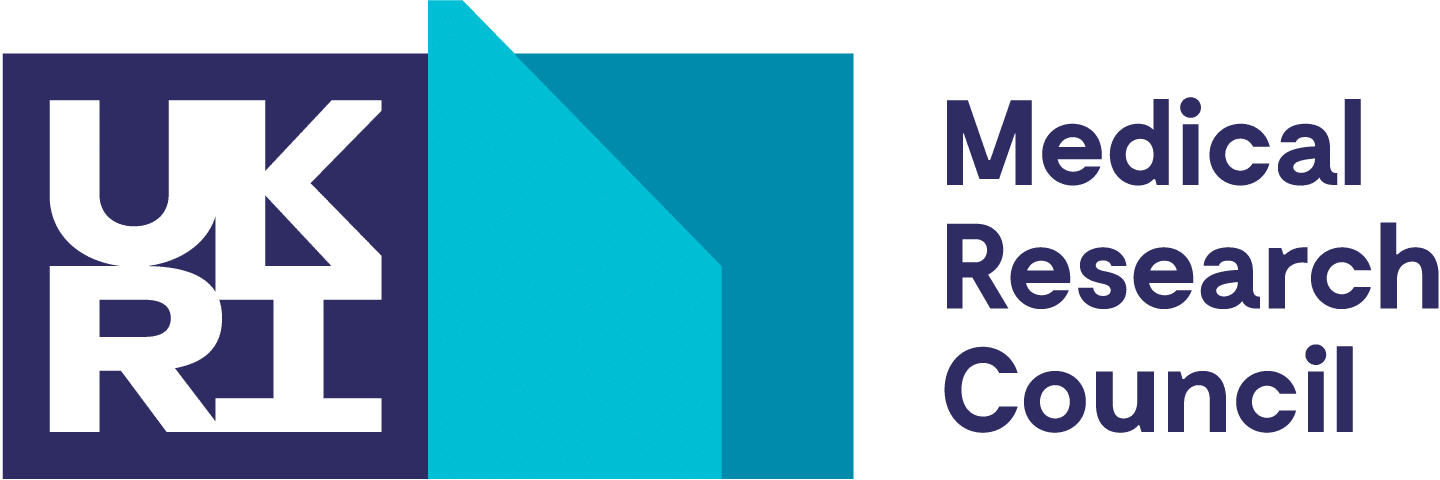The aims and objectives of the Niche Hub were addressed in a series of collaborative workpackages (WP), each focusing on a different aspect of research:
(1) To identify key factors from the study of niche biology that can promote adult and pluripotent stem cell differentiation.
WP1.1 Niche ‘omics’ datasets for differentiated stem cells and differentiating intermediates
WP1.2 Dynamic Properties of the Niche
WP1.3 Extracellular matrices (ECM) to improve chondrogenesis and vasculogenesis
(2) To identify molecular targets to direct stem cells to promote endogenous repair and thereby promote “healthy regeneration” of organs and tissues.
WP2.1 Remyelination: The niche microenvironment in health and disease
WP2.2 Small molecules to drive ECM composition and/or chondrogenesis
WP2.3 Liver Repair: The niche microenvironment in health and disease
(3) To identify the factors influencing the engraftment and function of transplanted cells in diseased tissues.
WP3.1 Optimised human hepatocytes and hepatic progenitor cells
WP3.2 Transplanted cell function in animal models of liver repair
WP3.3 Transplanted cell function in animal models of remyelination
WP3.4 Vascular and chondrogenic tissue formation: Molecular and biophysical protocols
Expected outcomes:
Delivery of novel niche-based approaches to regenerative medicine by focusing on exemplar tissues and thereby create a platform of generic cutting-edge technologies that the UK regenerative medicine community can apply to the entire spectrum of diseases.
Using clear managed links across the members of this and other hubs we maximised scientific interaction to facilitate cross-boundary research and overcome current obstacles to the delivery of regenerative therapies.







